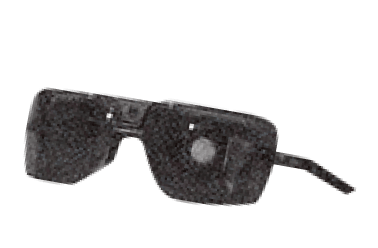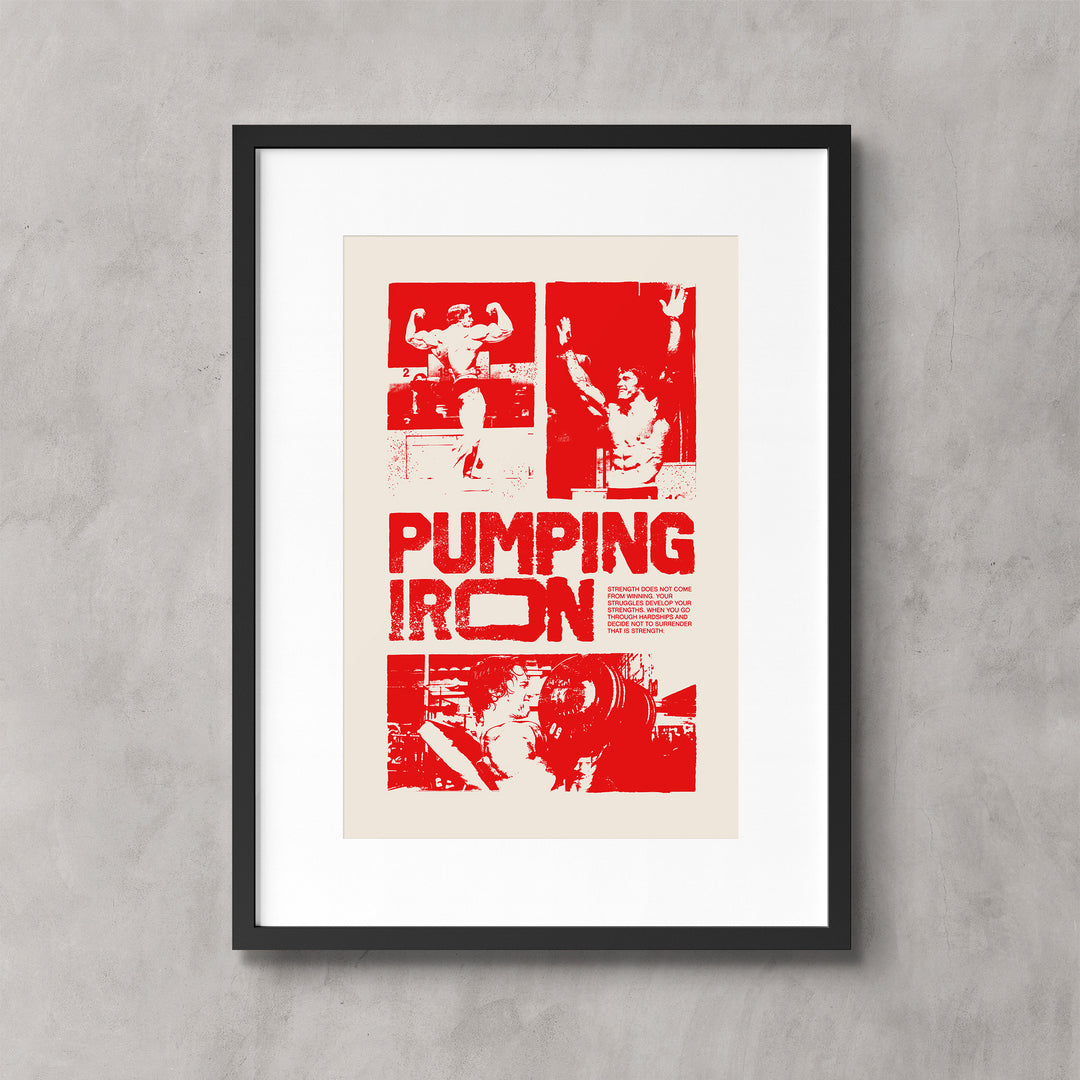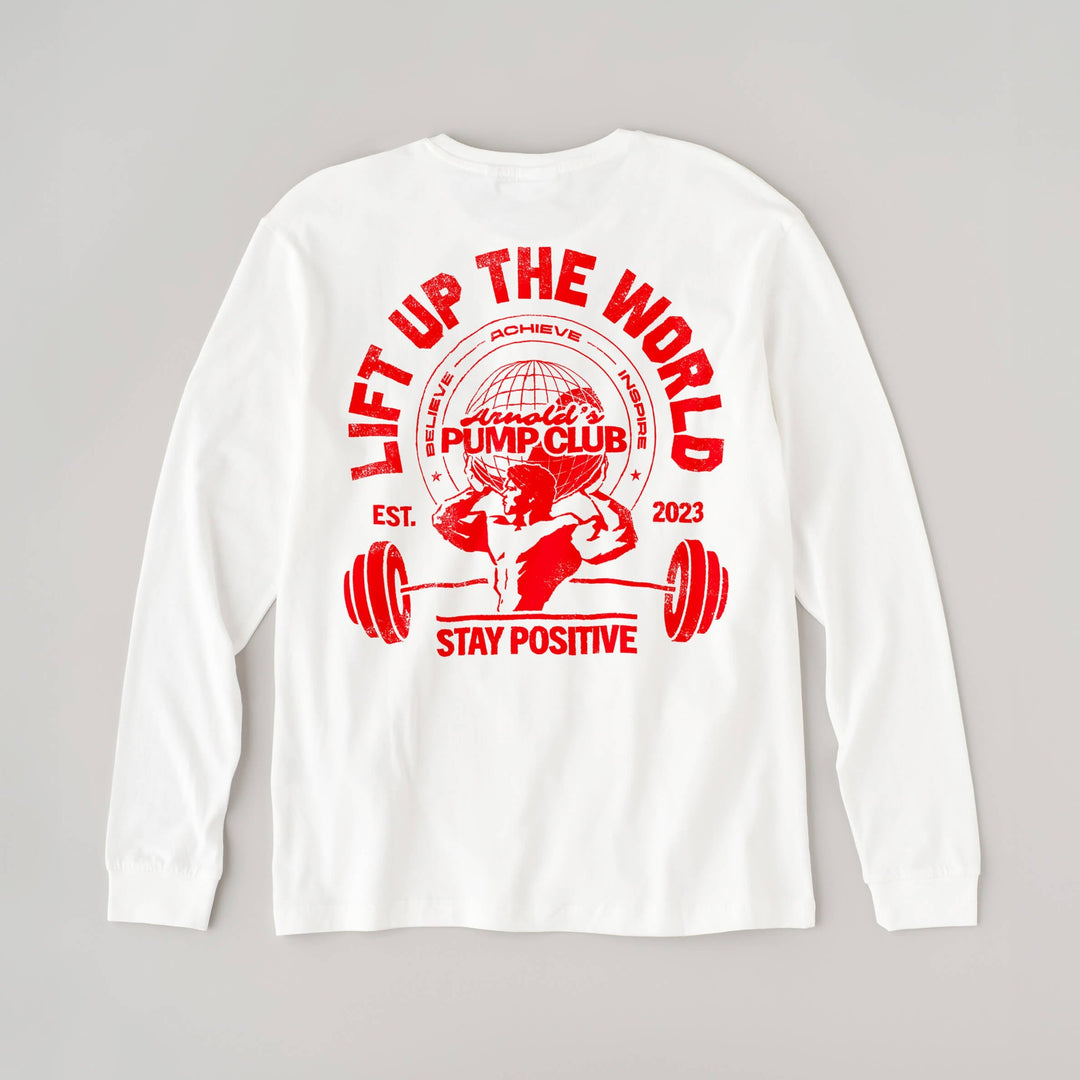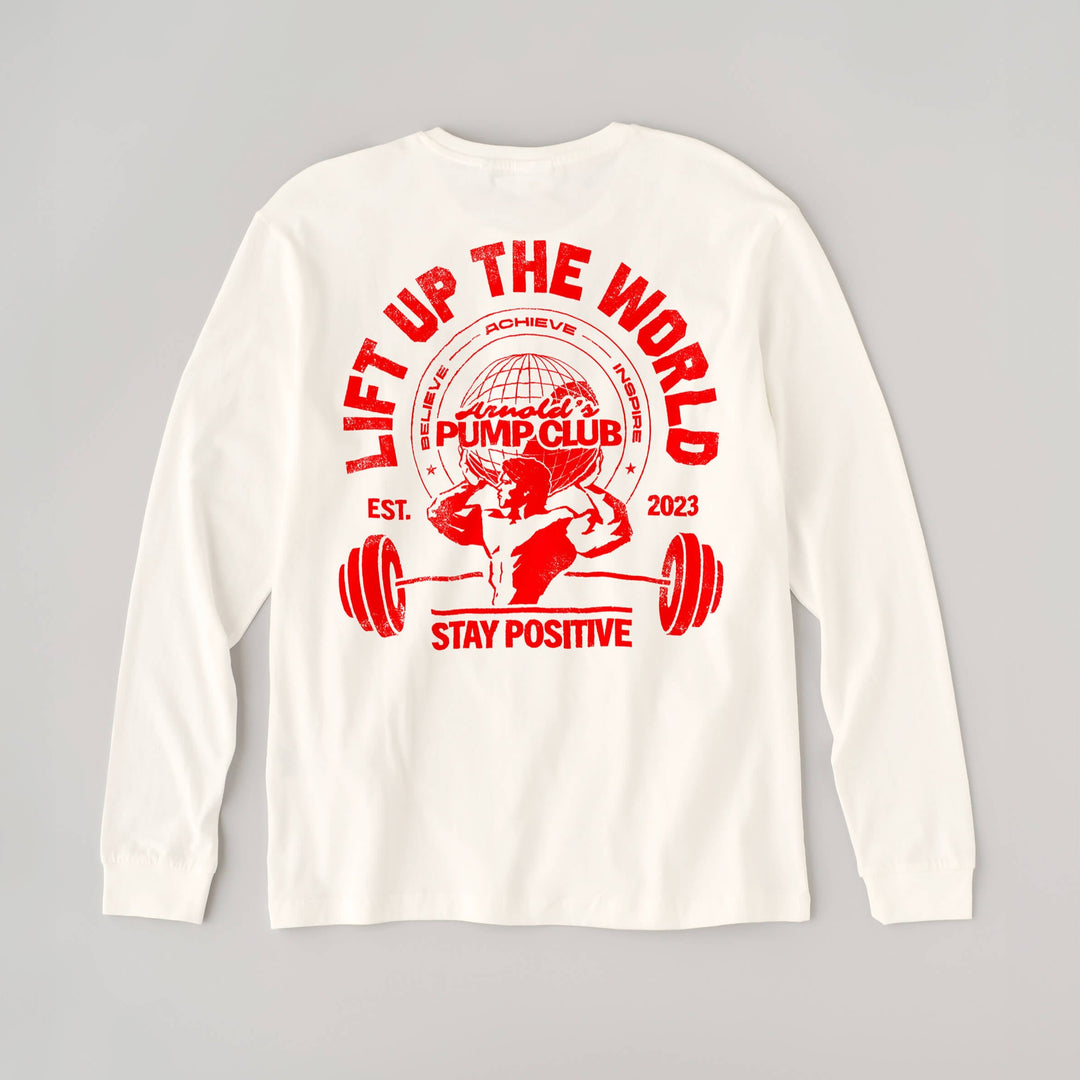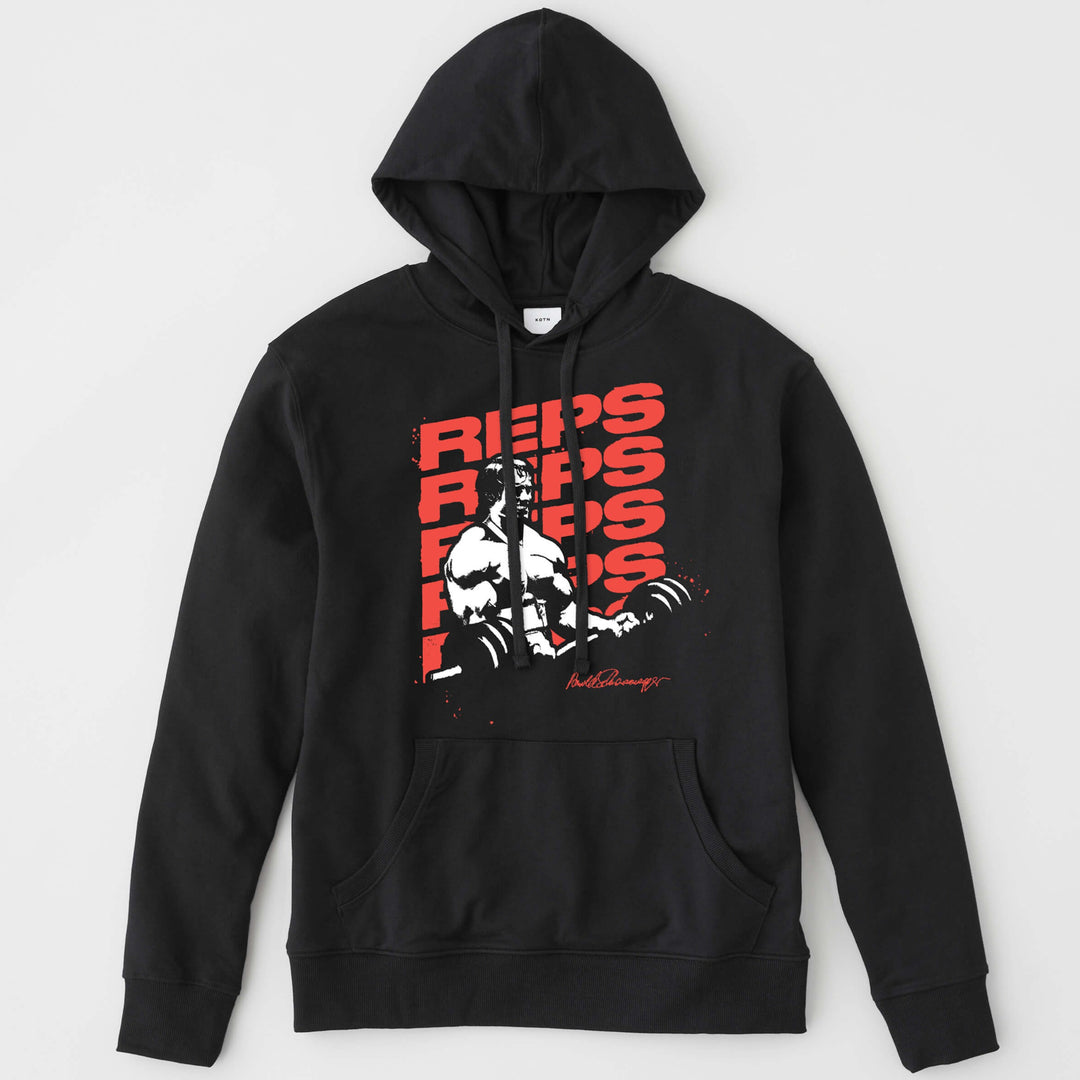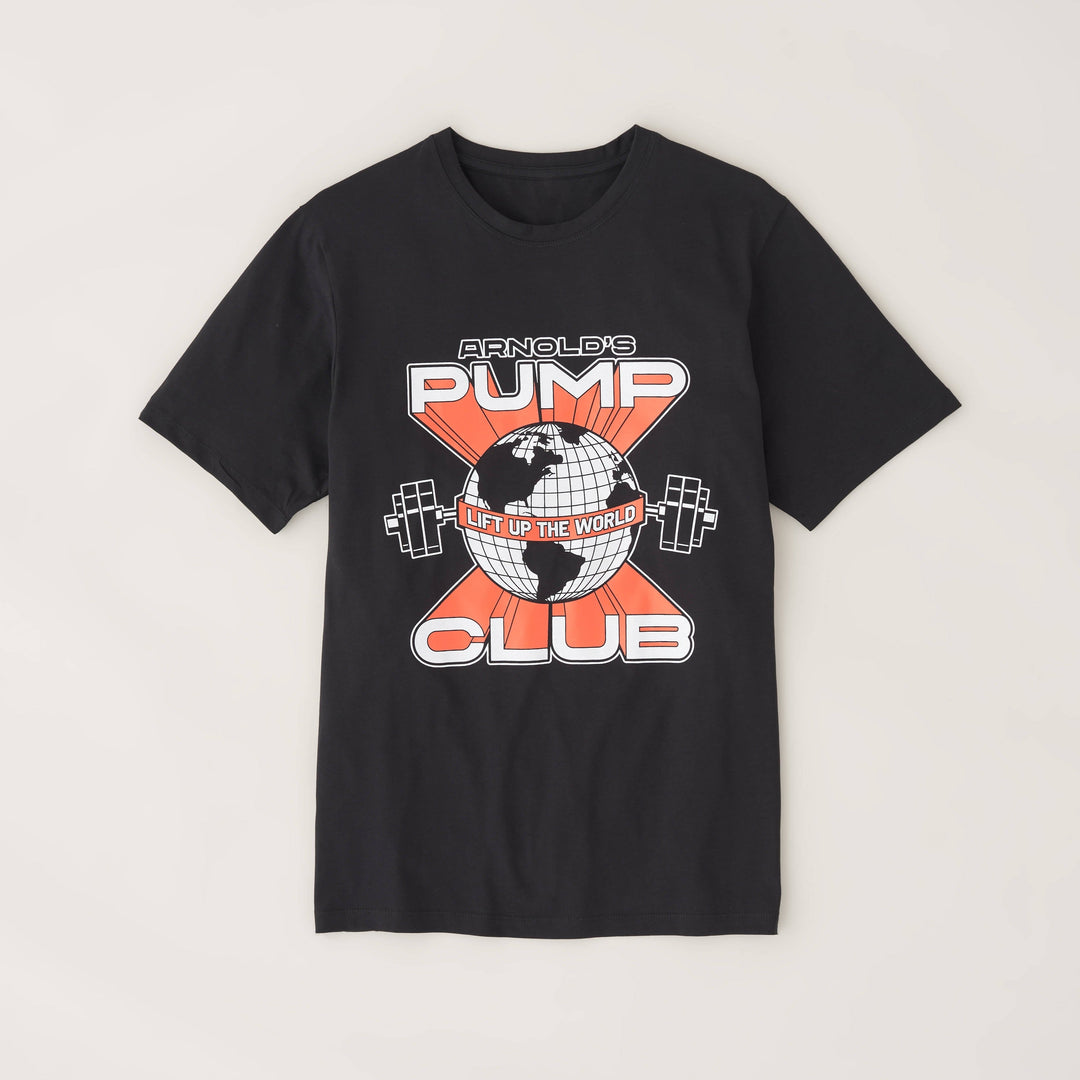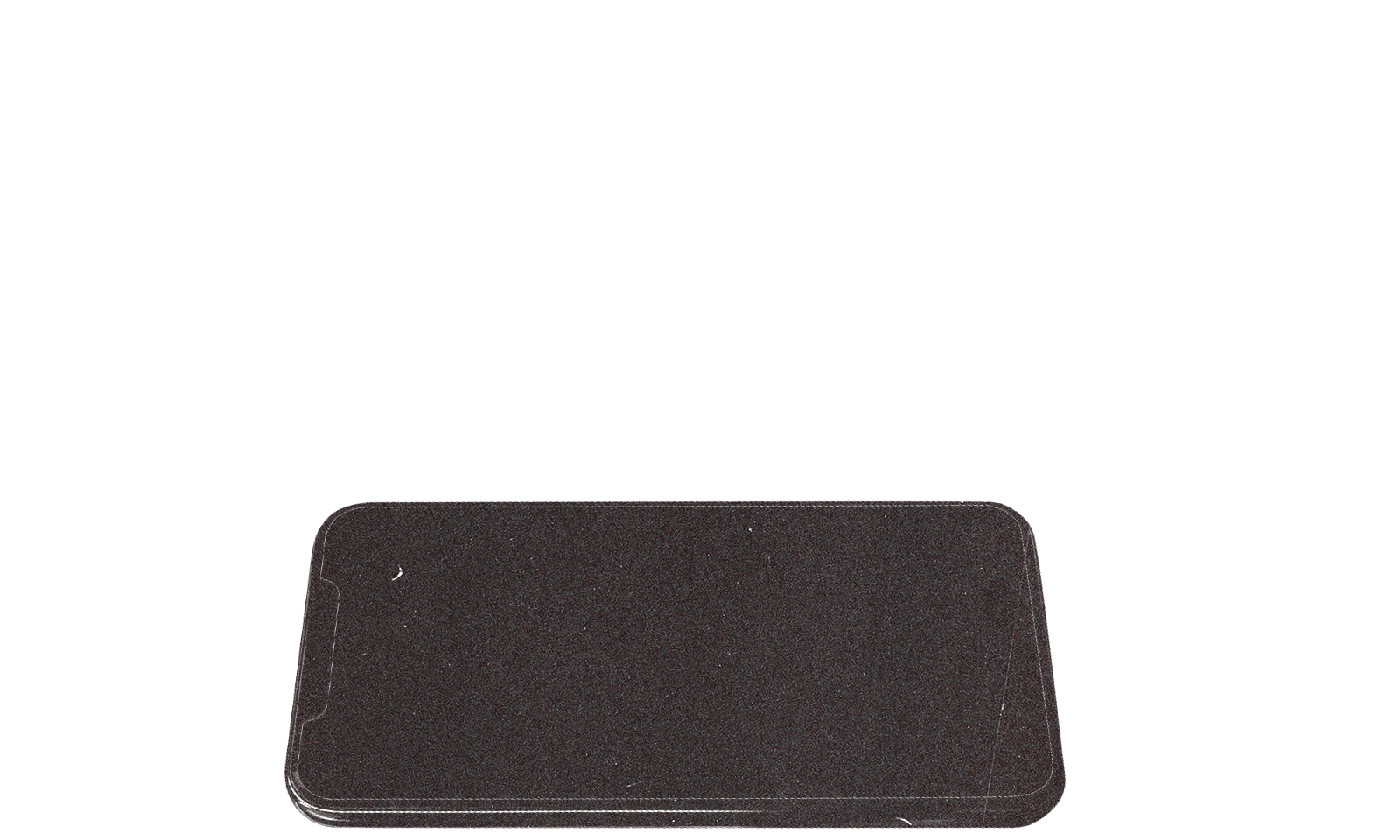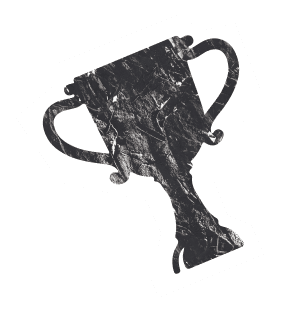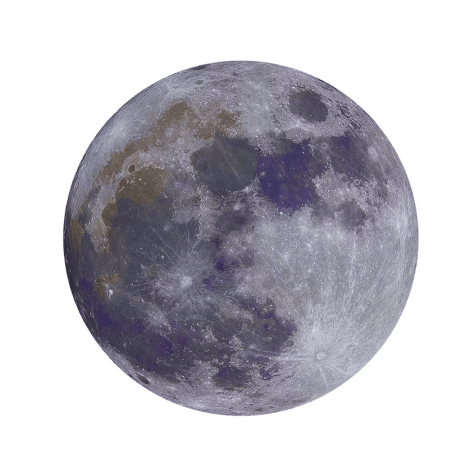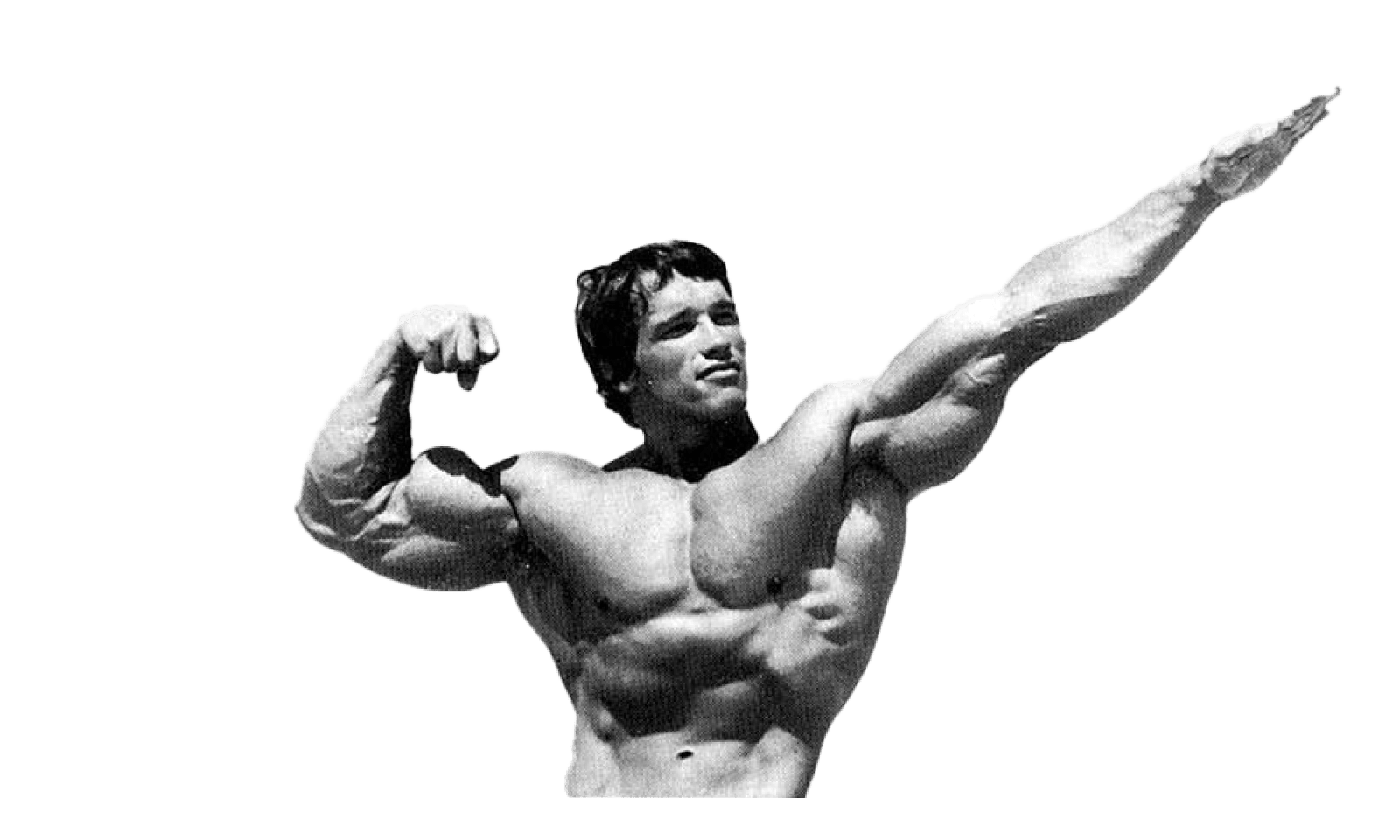Welcome to the positive corner of the internet. Here’s a daily digest designed to make you healthier in less than 5 minutes. If you were forwarded this message, you can get the free daily email here.
Today’s Health Upgrade
Predicting Alzheimer’s
Q&A with Arnold
The Friendship Crisis
Arnold’s Podcast
Motivation every day. Want Arnold to help you start your day? Each morning, we post a new podcast with tips you’ll find in the daily email and bonus stories, wisdom, and motivation from Arnold. Listen to Arnold's Pump Club podcast. It's like the daily newsletter but with additional narration and thoughts from Arnold. You can subscribe on Apple, Spotify, Google, or wherever you listen to podcasts.
Alzheimer’s Warning Sign
Losing your sense of smell might be more than just an inconvenience. Researchers recently discovered a connection between decreased odor sensitivity, cognitive decline, and Alzheimer’s disease.
The scientists examined subjects with the APOE e4 gene, which is found in approximately 40 percent of people with Alzheimer’s. Those with the gene experienced a 30 percent greater decline in odor sensitivity about ten years before non-carriers. And they also experienced a 20 percent faster decline in cognition.
The most surprising finding was that odor sensitivity declined faster than cognitive function, providing researchers with a potential early marker of Alzheimer’s risk. By paying attention to changes in the sense of smell, it may be possible to catch signs of cognitive decline before they become more severe.
As with most things, awareness is about action, not fear. A loss of smell does not mean you’ll get Alzheimer’s, but it shows that you should pay attention to changes in your health. If you’re worried about your risk, it’s easier than ever to take genetic tests (such as 23andme) that can help you be aware of any genes that might be linked to different conditions.
What’s on Arnold’s Nightstand?
Yesterday, we did another Thursday Q&A in The Pump app. Here are a few of my answers.
Do you know what progress looks like?

How to approach your training

Hitting the reset button

Preparing for your first bodybuilding show


The Arm-Blaster

What’s on Arnold’s nightstand?

The Friendship Crisis
I heard from a few of you on Twitter and in our email replies who have read the studies we’ve shared about the dangers of loneliness.
You said making friends as an adult is nearly impossible for you, and you’re struggling. First of all, I want you to know that nothing is wrong with you, and you shouldn’t beat yourself up about it. Remember, we never beat ourselves up; we always get to work.
I’ve seen articles talking about how this is a problem. I have to admit, I’m not an expert in it. As an adult, I met my best friend, Franco, at a competition in Stuttgart and then in the gym where I trained in Munich. I met my friend Albert Busek at competitions where he was a photographer. I met people at the train station, I met people at the beer halls, and I met people at the beach playing soccer and volleyball. I met people everywhere. Later in life, I found friends everywhere. On movie sets, at stores where I shopped often, at my favorite restaurants, and at charity events.
Like I said, I’m not an expert. But you can tell, I met my friends by going out to places in the real world. From what I can see, a lot of people today don’t do that as much. I feel like they’ve made their phones their friends, and they spend a lot more time at home.
Besides going into the world, I think something that has always helped me attract people is my curiosity. If you listen and want to learn, people are drawn to you. They want to talk to you because you don’t just want to talk at them. Open-mindedness is a trait that will never hurt you.
I was open to people, so I met lots of them, and some of the people I met became friends. If you aren’t open to people or closed off because you spend 7 hours a day staring at your phone like the average person, you won’t meet people, and you’ll have fewer opportunities for friendship.
Once you meet someone, the work doesn’t stop. My friend, the former Secretary of State, George Shultz, once told me, “Friendship is like a garden. You can have a garden that is full of weeds and withering away or a garden that is full of beautiful flowers and vegetables. But that takes daily work. You can’t just check in once a month. You have to be constantly tending your garden, planting, watering, pulling weeds.”
To build friendship, you have to make phone calls and FaceTimes, you have to check in, you have to invite them to your house, you have to visit their house, you have to make an effort.
So you might think this week’s challenge is to go out into the real world and meet somebody and be curious, or to reach out to a friend and tend your garden.
I hope you do that, but that’s not the challenge. The challenge is solving this problem as a village. This isn’t the type of problem I can solve alone.
The challenge is to send me your ideas about how you’ve met new friends as an adult so that we can share them with the members of the village who need a little help. If you’ve met friends or studied solutions to the loneliness epidemic, I want to hear from you. Reply to this email and make the subject line “Terminate Loneliness.” Tell me if you want me to use your name when I share your email.
I will share these over the next few weeks so that those of you who are struggling get all of the ideas you could possibly hope for.
This challenge is what this village is all about. We can all lift each other up.
Thanks again for joining us for another week. We enjoy sending these emails and interacting with you more than I can say. If you think any of your friends or family members would benefit from the positive corner of the internet, please share this email with them. Tell them Arnold sent you. Here’s wishing you all a fantastic weekend!
-Arnold, Adam, and Daniel
—
Publisher: Arnold Schwarzenegger
Editors-in-chief: Adam Bornstein and Daniel Ketchell
Ar



